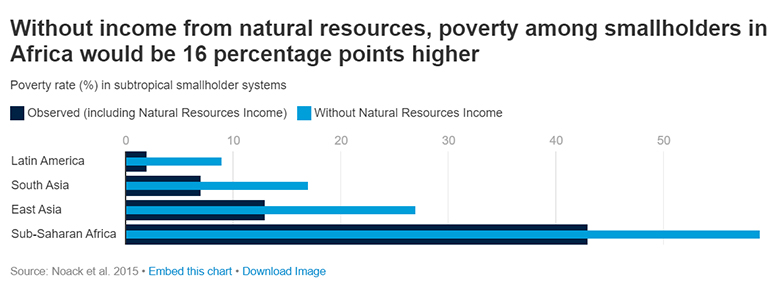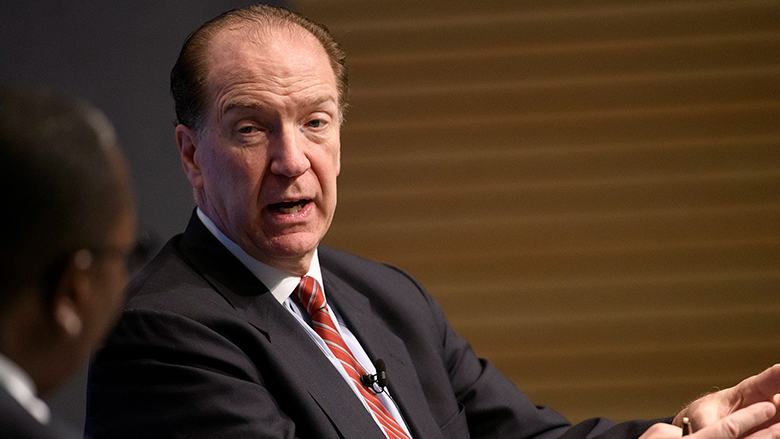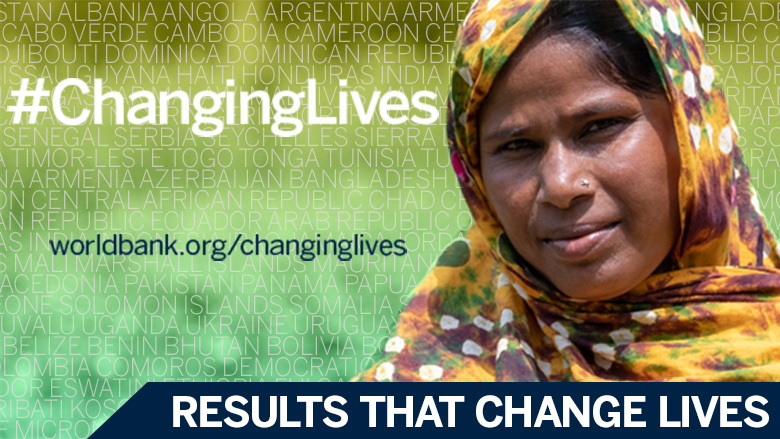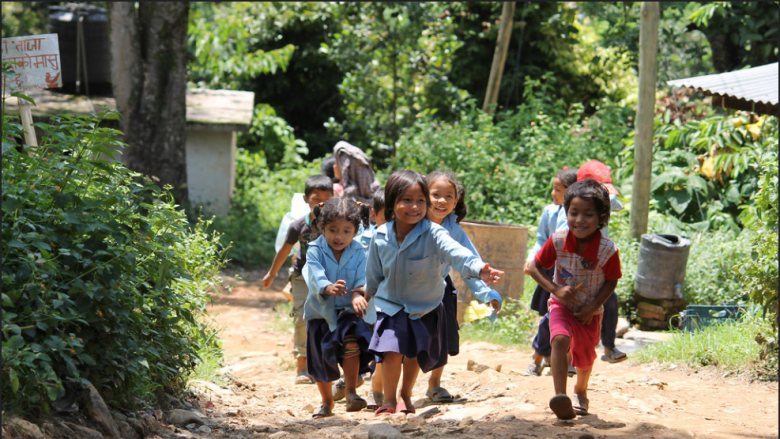| Over the past three months, the World Bank Group has mounted the fastest crisis response in its history. We are now financing emergency operations in over 100 countries – home to 70% of the global population. In this virtual interview, David Malpass, President of the World Bank Group, discussed the path ahead for developing countries. What will a robust and resilient recovery look like? How can we promote economic growth, support the poorest, and sustain businesses and jobs? Watch the replay. Transport survival: COVID-19 has struck a massive blow to public transport in India. The bus industry alone is losing nearly $7 billion monthly. What can states do to ensure its financial survival? Reopening economy: The World Bank, in collaboration with the government of Colombia, is developing a prototype dashboard that helps policy makers on a near real-time basis monitor the interplay of virus spread, health sector readiness to address new clusters of infections, and the readiness of economic sectors to operate safely. How does this dashboard work? Tech matters: Efforts to develop, deploy, and sustain IT systems during "normal" times are paying off in the COVID-19 pandemic, enabling governments to adapt quickly and provide solutions needed as part of the response. Even when things don't go as smoothly as planned, governments that have been consistently developing and improving digital services are responding to the COVID-19 emergency better. Related: In Croatia, investing in information technology and digital competencies of students and teachers paid off during the pandemic. Learn how. Beating unemployment: Brazil was grappling with 12 percent unemployment before COVID-19 and some forecasts suggest that figure may double. This company matches those unemployed due to the pandemic with new jobs. Not essential ever! Initial evidence suggests smoking is also a risk factor for COVID-19. Besides monitoring smoking and e-cigarette use, governments have an obligation to address smoking in their strategies to contain and mitigate the impact of COVID-19. Go deeper: Learn how the World Bank Group is responding to the COVID-19 (coronavirus) pandemic. Explore our multilingual portal. Click, bookmark and come back for updates. | 





No comments:
Post a Comment